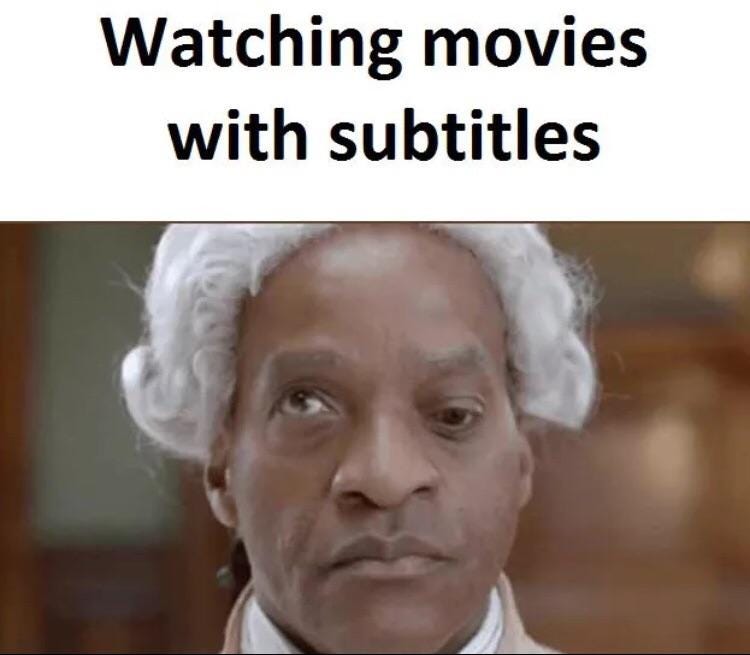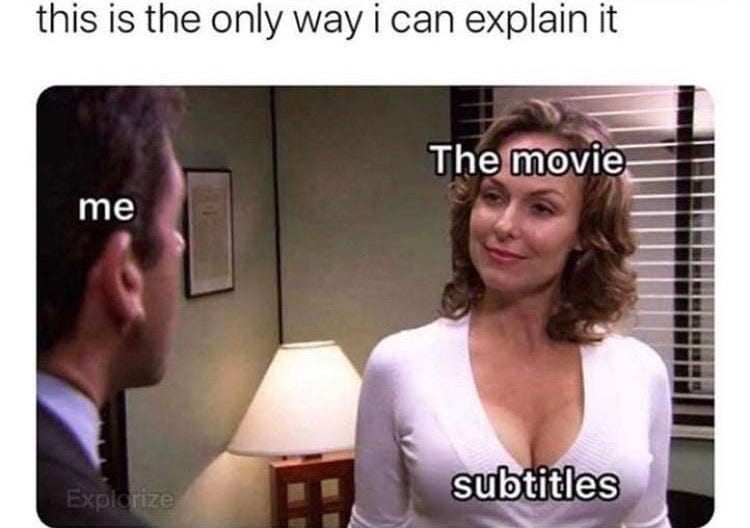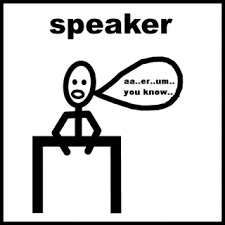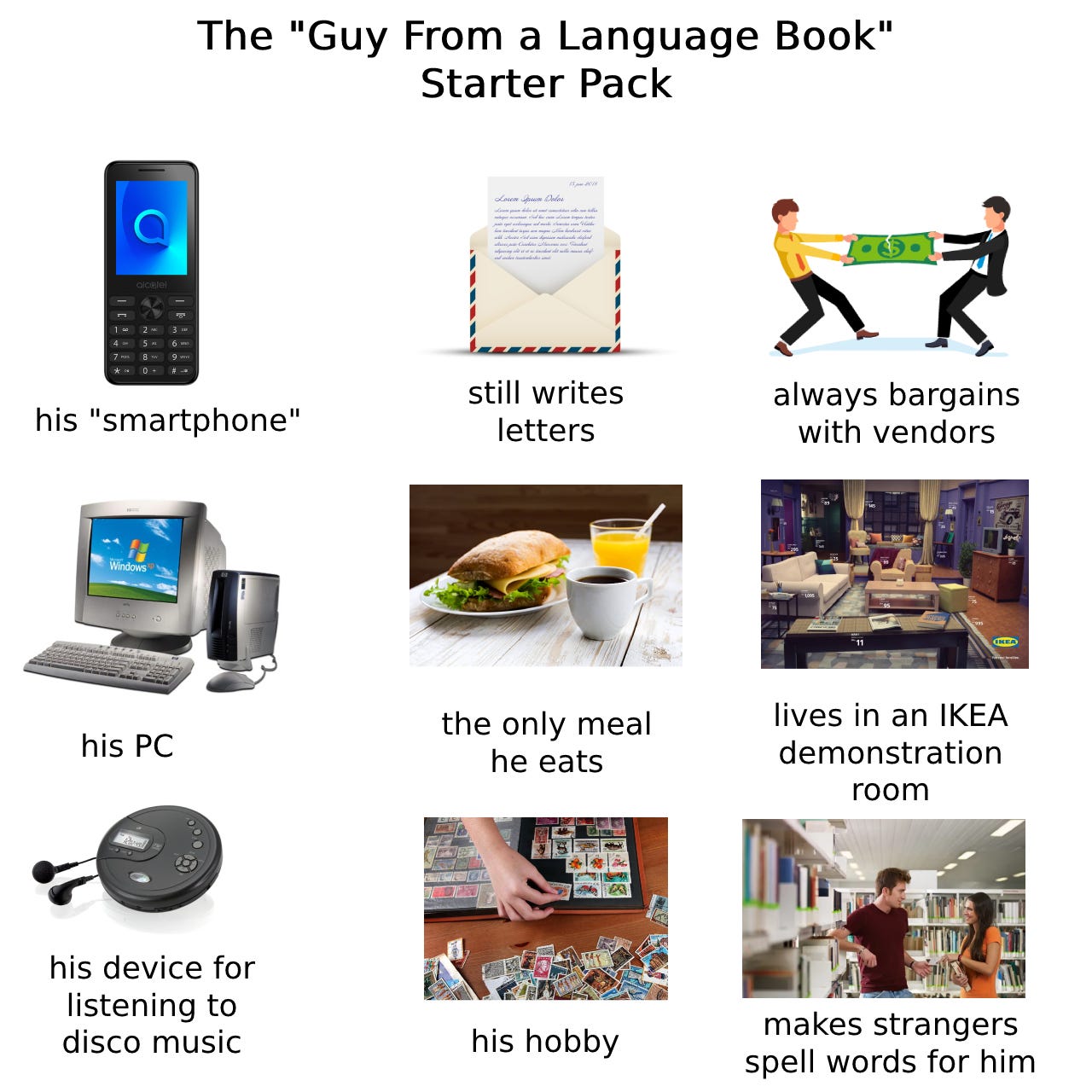Removing the training wheels
Taking things to the next level in your language acquisition
Welcome, aspiring polyglot! A great many things that are recommended to new language learners can become counterproductive quickly. Duolingo, subtitles, translation apps, all things that are extremely beneficial at first become obstacles later down the line. The problem is that they work. Why would you ever stop doing something that works? Well, as it turns out, many of the things that work at first actually become things that hold you back later. You have to drop the crutches in order to walk on your own two feet.
Subtitles
Getting started with learning a new language almost guarantees the use of subtitles. In fact, I advise anyone who asks to use subtitles when they are getting off the ground. They are incredible for learning new vocabulary, following along with the things people are saying, and testing yourself against the translation skills of either the AI or the human who created them. But there is such thing as too much of a good thing. Sooner or later, they become a dependency.
Crutches in language acquisition are necessary. I would never argue otherwise. At one point or another, those crutches turn into legs. That is, they become things you rely on to move around. As a solo learner, or even when taking classes, the line between a crutch and a dependency can be difficult to spot. For example, specifically when it comes to subtitles, the moment you catch yourself reading them instead of listening to the audio, it’s time to start backing off a bit.
That said, even when you start to feel you are being reliant on them, by changing how you use them you can completely revitalize your language acquisition. The best way to do this is by turning any audio time into transcription time. Since you know the subtitles are always going to be there, listen through once or twice without them and write down what you hear. Once done, go back and play the content again with the subtitles.
Doing this exercise daily for even a few weeks will drastically improve your audio comprehension abilities. Alternatively, you can continue to rely on subtitles as a crutch and take a Mike Tyson uppercut to the confidence when you attempt your first real life conversation. The further you get into your language acquisition the more intentional you have to be about the time you spend studying. It is increasingly easy to enter autopilot mode when you can read fluidly.
Crutch words
If you are new around here you may have missed some of my writings on the benefits of crutch words. They are extremely beneficial when you are getting used to conversing with native speakers. In fact, they are so useful for making people comfortable during speaking sessions that many native speakers have built a reliance upon them as well. That is why you can use them to your advantage, but for more on that see this article:
Becoming Bilingual
Welcome, budding polyglot! One of the most interesting aspects of learning a new language is realizing how little people know, generally speaking, about their own native language. This is something you will experience, if you haven't already. However, it is not a bad thing for you to recognize! It is far worse, in fact, to go on without recognizing this…
Now, I am not saying that you need to do away with them entirely. Especially if you have successfully integrated them into your speech rotation. However, becoming reliant on them can become an issue as you become ever more proficient. In fact, it is such an issue that there are entire classes and seminars dedicated to teaching people how to stop relying on them in their native languages.
Though the goal of learning a new language is communication, I encourage you not to stop when you reach a place where you are satisfied. This goes for any new language you learn as well as the language you have spoken all your life. Your speech quality directly affects your thought quality and improving one will improve the other. A positive feedback loop like this is an incredibly powerful tool in language acquisition that you can and should be using.
Translation technology
Several weeks ago someone said something to me and I haven’t been able to stop thinking about it. “Does ‘Google it’ mean the same thing as ‘look it up’? After thinking about it, I actually do not think these two things are synonymous. Looking something up used to take real effort. Now, especially with AI summaries, looking something up takes next to no effort.
Making an internet search to solve an argument is one thing, but it is quite a different story when it comes to learning something new. If you missed my article on blocking out the noise, be sure to check it out here:
Pen and paper and oil lamps
Welcome, aspiring polyglot! It turns out that what you may consider “old school” is something I happen to view as effective. Interestingly, as we approach the moment when technology actually will have the ability to translate in real time, we seem to be losing the ability, or perhaps the desire, to teach foreign languages. As with most things, the furth…
Without rehashing that entire article, I want to reiterate the importance and power of physical media. Looking a new word up in a dictionary will make it easier to recall than googling a quick translation. Writing the words down adds another layer of effort that will be reflected in your ability to recall. If you really can’t be bothered to break out a physical dictionary, there is one other thing you can do to make your study sessions more effective.
Rather than jumping to look up every new word you see, spend some time thinking about what it could be. Make a couple guesses. You will likely be correct more often than you think, even starting out. Over time you will develop an ability to understand meaning even without knowing the translations. That is what the end goal is anyway, but you get there one word at a time.
Conclusion
Training yourself to take a a breath and try before giving in and looking up a word, whether that be for input or output, is going to be necessary. Starting out by doing it in the comfort of your own home with no one around to judge seems like a better option than finding out just how important it is in the midst of a conversation. To be frank, most of the benefits you will see from removing the training wheels won’t be felt until you are in the middle of a conversation.
Still, improving your command of a language is always worthwhile. Ameliorating your native language capabilities will have ripple effects in your second language. After all, you can only speak your second language as well as you speak your first. It will be difficult, of course, but you can do difficult things and be great. So get out and do some difficult things and become great. I am rooting for you.
Requests
If you have anything you would like covered you can reach out to me on X, Instagram, or at odin@secondlanguagestrategies.com.
Additional Resources
Don't want to spend time playing catch up? Pick up the 3 Months to Conversational book now available on Amazon! 3 Months to Conversational
For more long form content be sure to check out the website and the FREE Language Learning PDFs we have available!
Subscribe for new content on YouTube and TikTok!
Learning Spanish? We have begun aggregating resources in you Spanish Resource Newsletter!
Don't forget to pick up your very own French Language Logbook or Spanish Language Logbook









